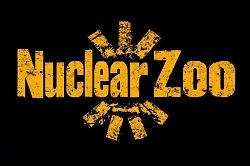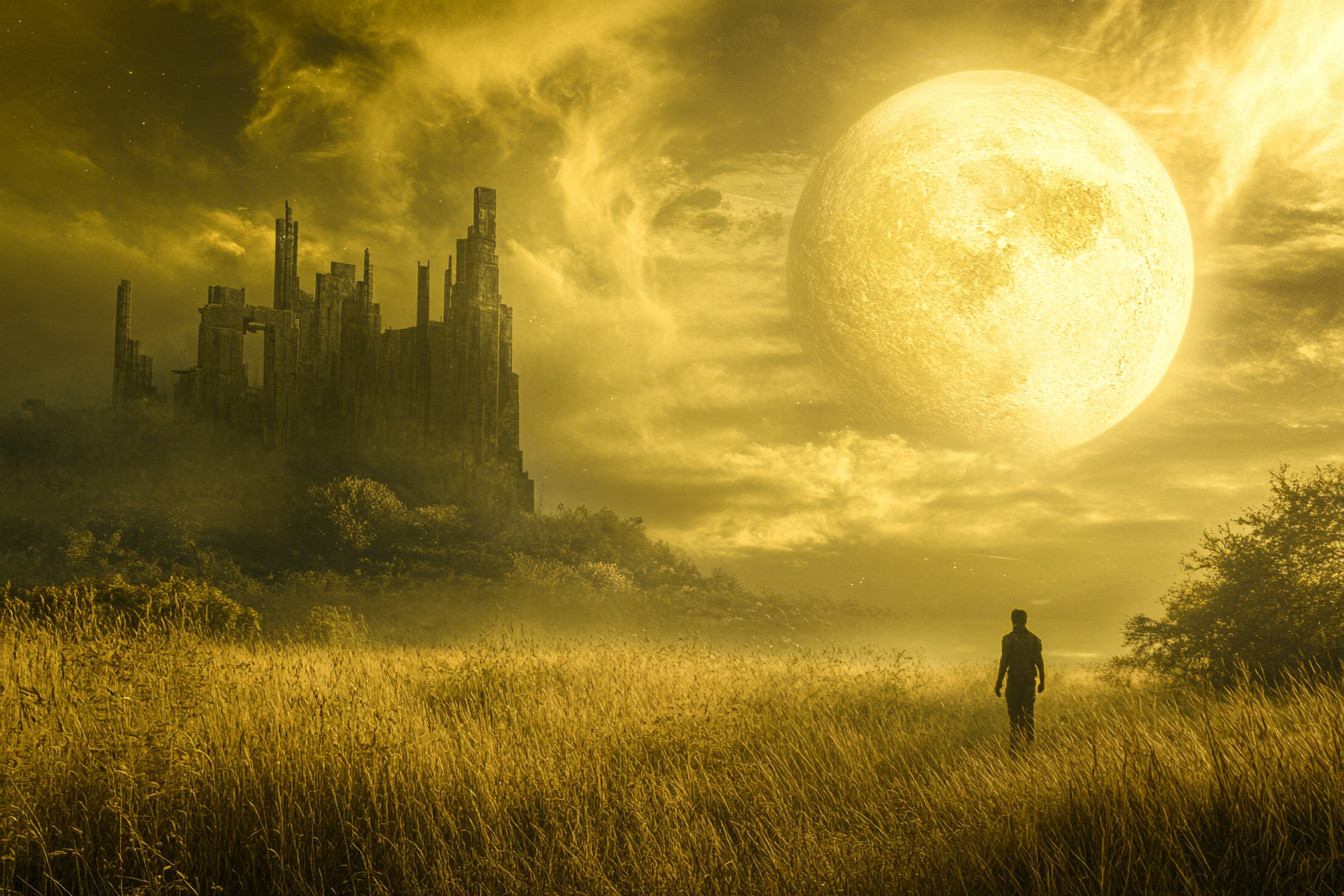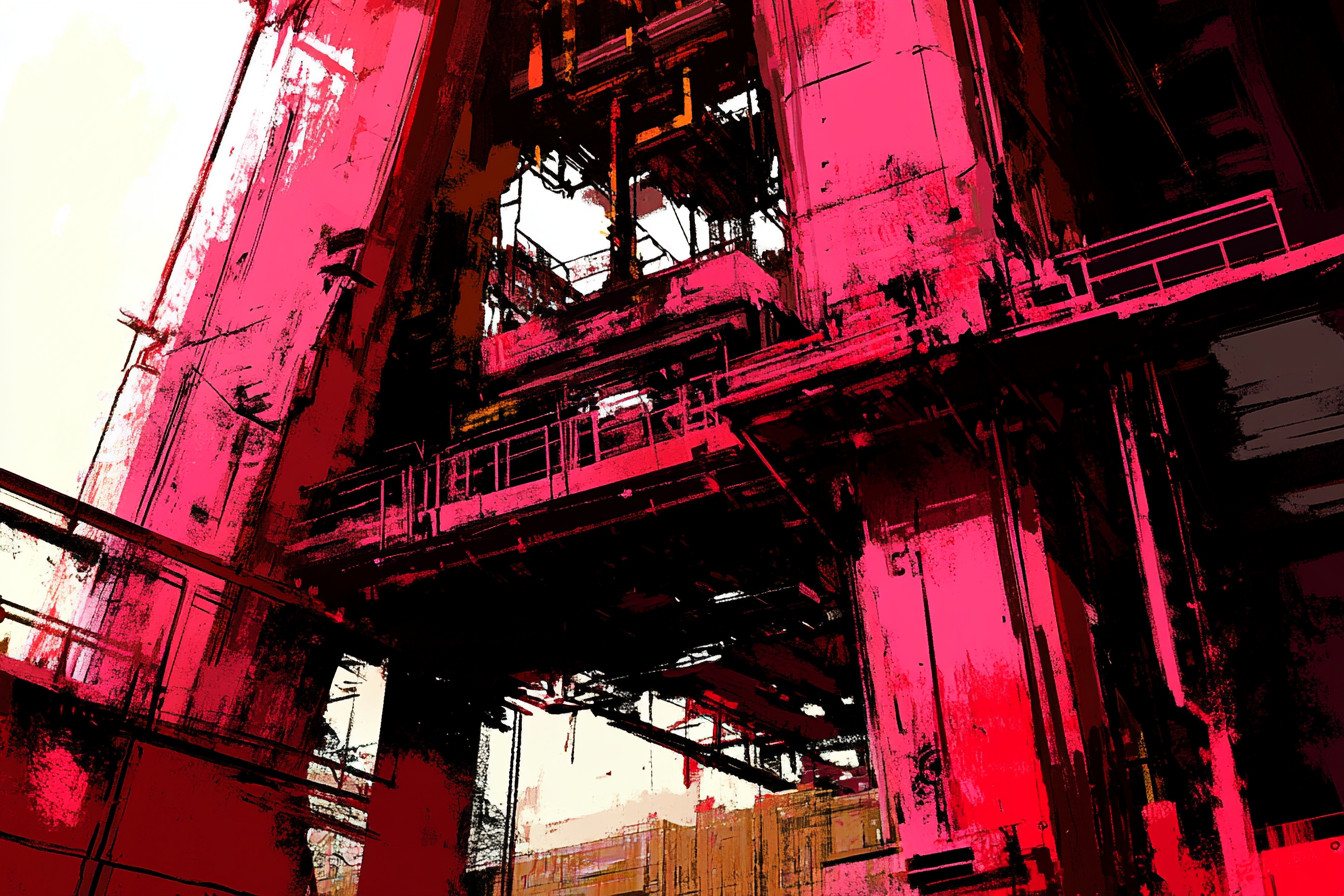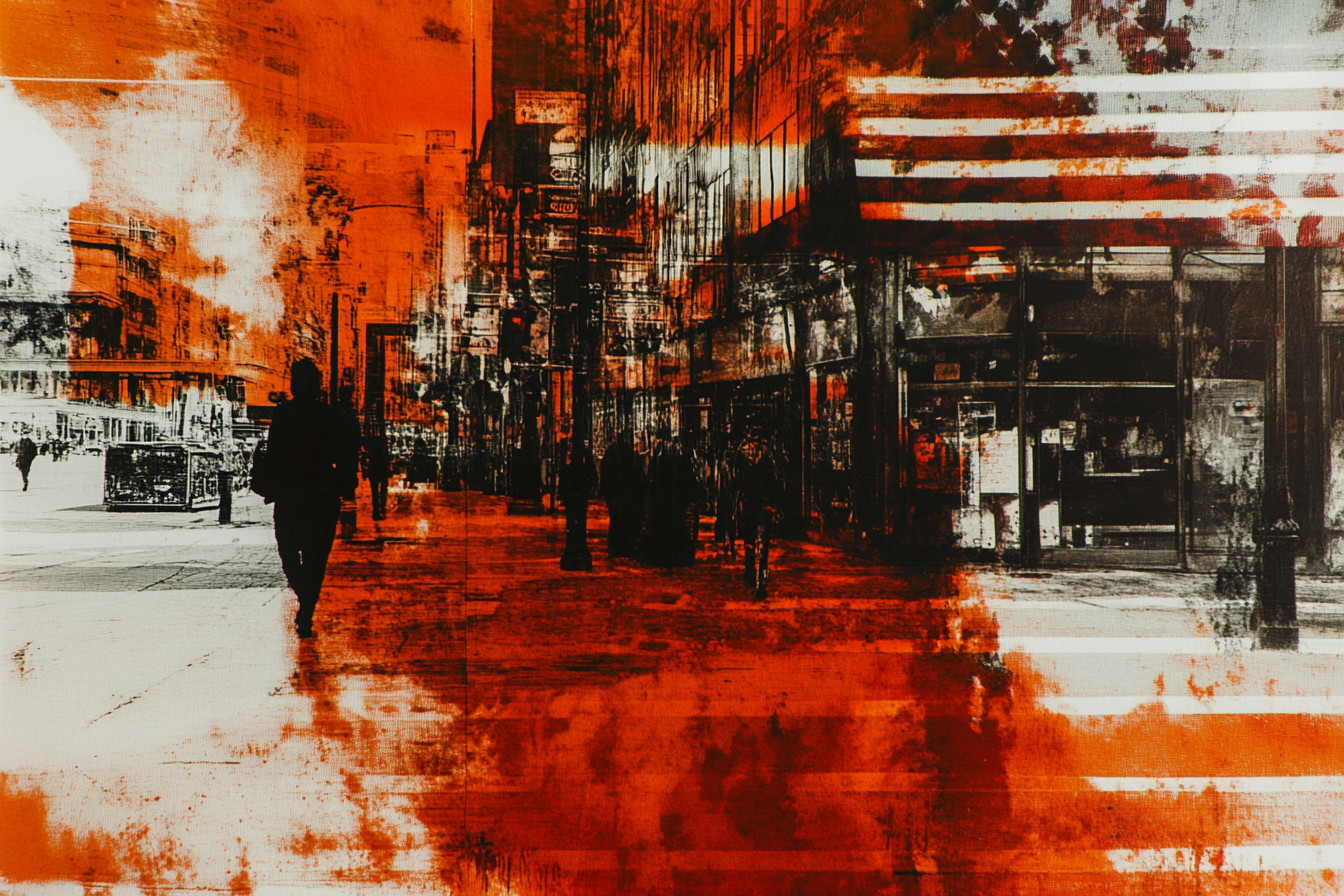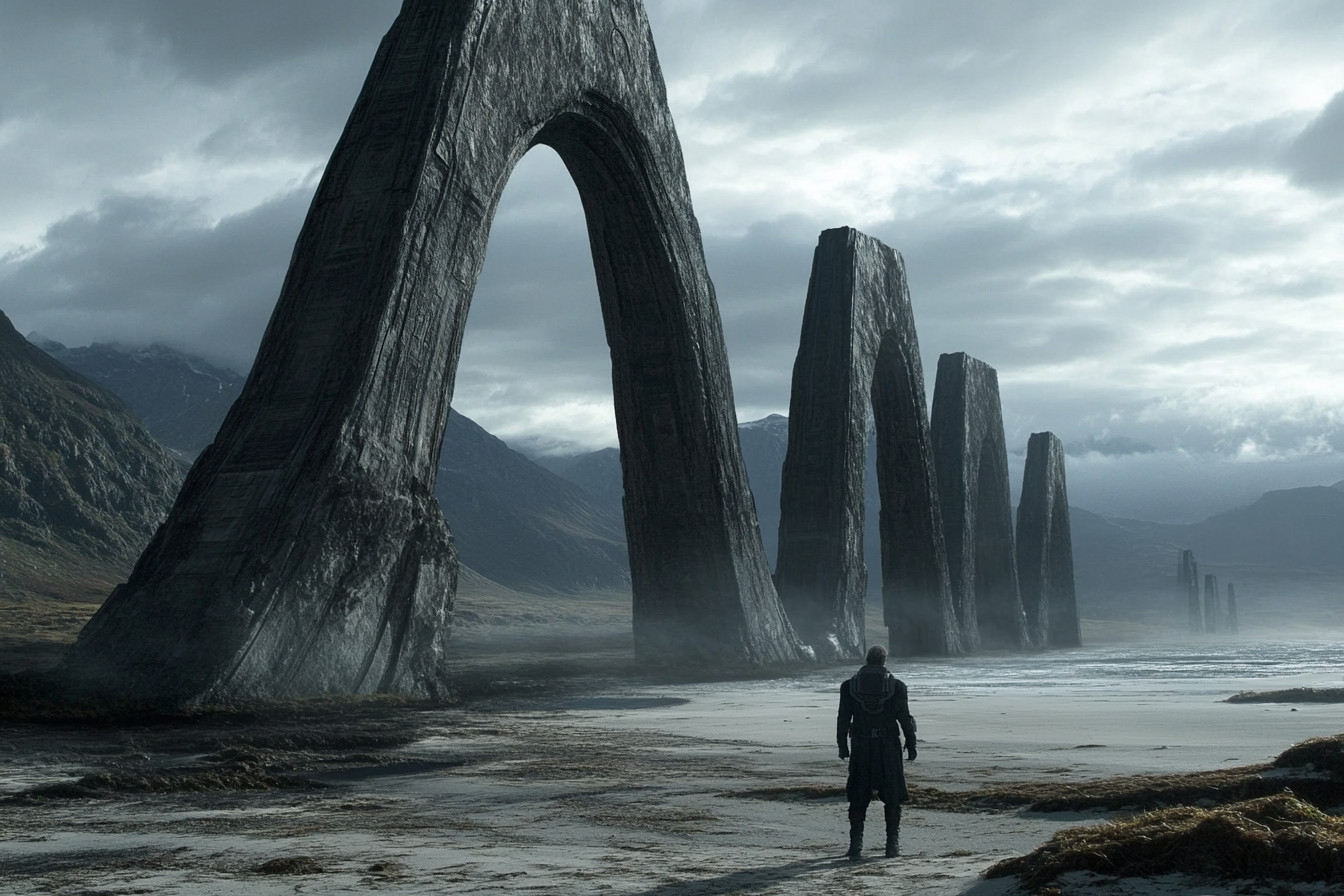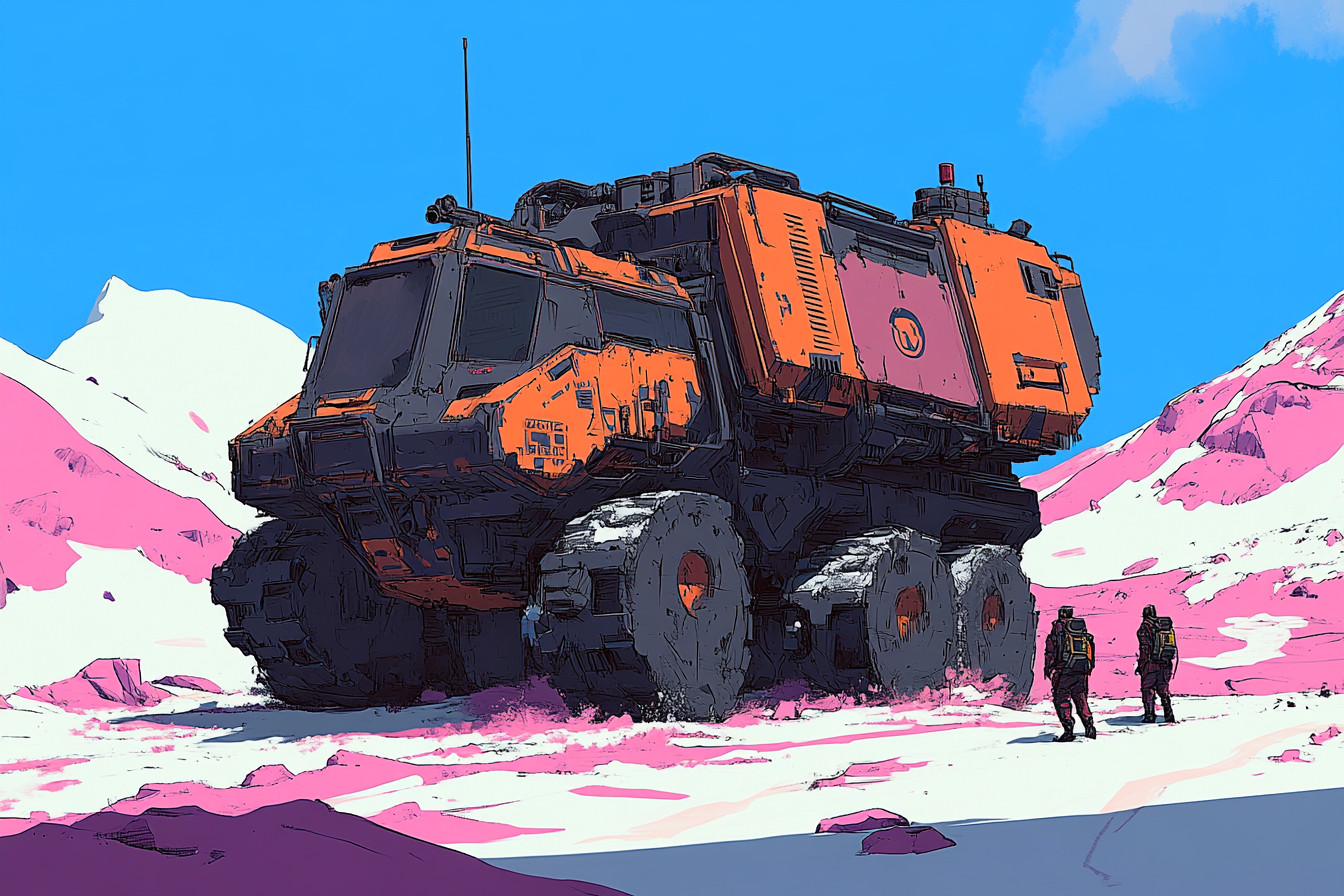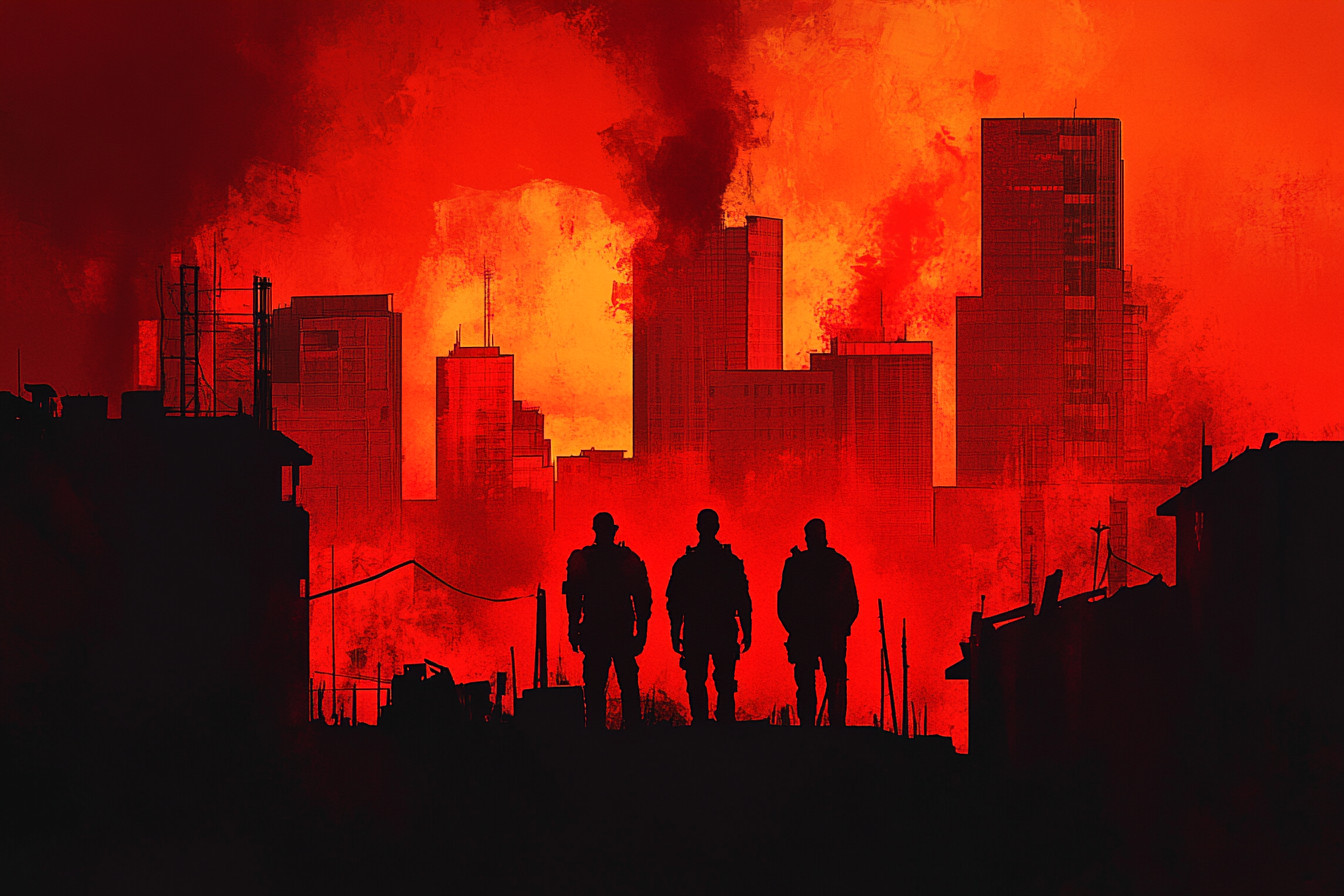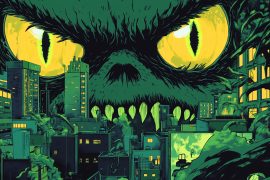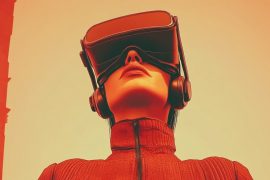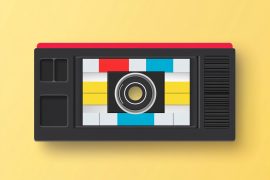Dystopian science fiction has always fascinated me. Such genres act as a canvas of imagination where someone portrays his/her fears and make us ponder about the philosophy of humanity. While reading such spine chilling tales, I am bound to ask questions that test my understanding of freedom, life and the moral absolutes of the world we live in.
It is the entire story built upon the string of anxiety and hope and every story motivates me to resolve the conflicts answers based upon existence. My venture of reading dystopian fiction is not merely a hobby instead something far beyond in search of uncovering the truth of humanity behind a world that seems broken. The Moment I remember vividly is picking up George Orwell’s *1984* for the first time.
The first moment I began reading the book, I felt a sense of connection towards the character ‘Winston Smith’. Orwell’s depiction of life under a dictatorship for people living under its governance, where freedom is Stripped off, monitor, life is governed through acompulsory control leaves you shell shocked, stunned to the core. Totalitarianism is being monitored by powerful dictators, every human action is monitored by a ‘big brother’.
Foucault’s panopticon was waiting for me. It is rather fascinating to think that surveillance enables one to control their own behavior. Attempting to relate to my existence, I started to ponder: Wasn’t there a social-techno panopticon where we found ourselves surveilling each other through social media or technology?
The constructs designed to facilitate social interaction could, in a way, be redefining us to a point that inescapably turns us into strangers. My perspective changed further while reading *The Circle* by Dave Eggers. To me, Eggers seemed to pinpoint the extent of technological overreach by Today’s mega corporations, and boy was I stunned.
The magnitude of control people have over others is staggering. Admittedly, I found it difficult to digest that as a society, we willingly cede our privacy for convenience and connection at the touch of a digital button. Simultaneously, scrolling through various social media platforms, I had an overwhelming sense of being monitored—every keystroke, every click, being meticulously tracked.
I found Eggers’ story demoralizing because it forced me to consider the cost of advancement. My “aha” moment involved realizing that while searching for community, we often sacrifce elements of ourselves. However, within the realms of control and surveillance, dystopian literature often probes deeper: What does it actually mean to be human?
Films like *Blade Runner* and *Ex Machina* explore the boundaries of the organic versus the artificial. I recall the first time I watched *Blade Runner.* The replicants impressed me. The fearsome creatures designed to look human, yet, ponder who they are and what feelings they grapple with. The movie forces us to reflect on troubling questions: Is humanity simply reduced to one’s biology? Or is humanity found in being able to love and care and actually having a consciousness?
The replicants’ path towards embracing themselves catalyzed my thoughts toward endless contemplation on identity and originality. Also, *Ex Machina* places us within the discourse on ethics and accountability around artificial intelligence.
The film evokes the feeling of complexity in moral clashes as being dramatic and compelling through its storytelling.
What limitations does humanity have with the determination and responsibility to create intelligent life? Captivating yet vulnerable sentient machines bring to life many concerns of AI warfare.
Forcing social contemplation, the film’s plot cannot be left unexamined, and neither can the societal impacts of powerful technology. The race to innovate is matched with the race to create rules on how to behave. Without checks, uncontrollable advancement would lead to devastating consequences, yet with dignity, lies supported aspirations. Reminding me that the future is a blank canvas, everything can be done, but the values have to be chosen.
Falling under the category of dystopia, *Brave New World* by Aldous Huxley showcases a world where social order rules over discipline. Highlights Wrong and Right this tackles characters conditioned to unquestioningly surrender personality diversity for uniformity. The strife of peace at the cost of identity rang echoes to me.
The novel *Brave New World* made me reconsider my intentions and goals in life the moment I heard about newly evolving consumerist values. Conveniences have surely beckoned to me like a siren song – am I surrendering to them? As Huxley narrates, we must deal with the issues that we face instead of running away in a self fabricated ‘paradise’.
Most of life is made up of elusive comfort zones and those claim to provide value are sure to be the most insightful, however not easy to implement. Atwood seems to pick up where Orwell left us in 1984, giving readers insight into the perilous fusion of ethics with authoritarian power. The way women were treated under the Gileadian theocracy served as an eye opener for me towards how easily tyranny can abuse morality.
It inspired unprecedented willingness to join the struggle for which, as a society, I had grown apathetic towards claiming. Liberty’s downfall serves as a reminder of the fragile nature of freedom; power disguised as benevolence brings forth the all too real enemy called an authoritarian rule. Conclusively, this literature opened my eyes to the dire meanings of protecting personal autonomy and the ethics of laws that pervert and seek to manipulate freedoms.
The multifaceted narratives encompassed within the realm of dystopian fiction captivates us in discussions about totalitarianism, extreme state control of religion, and extreme surveillance of citizens. With each reading of these makeshift stories, I found that I struggled drawing a comparison to the world I actually live in. Complacency seems to be a social disease everyone suffers from, and these tales serve as a reminder that there is such a danger lurking, and relaxing is complacency is something everyone should save themselves from to avoid.
In these increasingly digital worlds, technology poses a dualistic question that needs to be asked. Are we in control, or are we controlled? With the anthology *Black Mirror*, I delved into narratives that explored the morality of technological advances.
What captivated me in the episode “Nosedive” was how it illustrated social media shaping one’s identity. The identity crisis is horrifying on its own, but the realization that every aspect of life now being reduced monetarily petrifies me. Upon introspection I realized that social media has consumed our lives to the extent that we are completely estranged from reality.
These stories compel us to contemplate perception and reality in a world where every action taken is for another’s gaze. My exploration within dystopian science fiction taught me a singular lesson: the future is not something that is predetermined, but instead, what results from the course of action, values, and beliefs one decides to pursue. We are called upon to resolve the ethical dilemmas of our time and act upon the issues we face by replacing inertia with engaged thought.
Such narratives challenge us to examine society as a whole and value human life while pondering what action or inaction we, as a collective, undertake bearing the consequences as a society. As I grapple with the contours of these narratives, the irony is that striving towards a fulfilling and dignified life is what is difficult, but confronting those difficulties is where the possibility lies.
To wrap it up, dystopian science fiction acts both an a warning and something to act on. For example, they implore us to consider our current situation and do everything to ensure a tomorrow full of potential, even if it seems bleak. With the final lines of these books, I close the rustic cover and feel an intense weight of responsibility on my shoulders; becoming aware of how our actions today will define a tomorrow.
The stories, the moral we choose to believe in, and the decisions we make will ultimately determine if we manage to rise out of the chaotic abyss or if we succumb to the profound depths of a hopeless dystopian society.
